The world of theater can be a spiritual and mental awakening. Its more than simply performing for a large audience, who is paying to come and see a show. It is grander than being able to entertain hearts of the weary. While those are also beautiful, when you are an actor or actress on stage, there is something grand, arising. The characters you portray, your characters interaction with other characters, the set design, set arrangement, and the overall acoustics of the theater brings forth a vibe, that is Universal.
There is something magical about the stage. It is as if a sacred contract has taken place between the Heavens and the Earth. One of the beauties is that theater allows us to reflect on what may be too uncomfortable to grapple with, in reality’s time. What we wish to comprehend or release may not be allowed in the real world. For that time, anyhow. Thus, the theater world becomes this haven of healing. Even as actors or actresses, one comes to turns with personal trials and tribulations. On those special moments, a person can experience (to a certain degree) real events, or traces of them taking place. When it is all said and done, the stage forces you into vulnerability. You can’t hide behind a camera. The sheer honesty of the stage, pains and all, beauties and all, is what makes the world of theater a sacred and Universal entity.
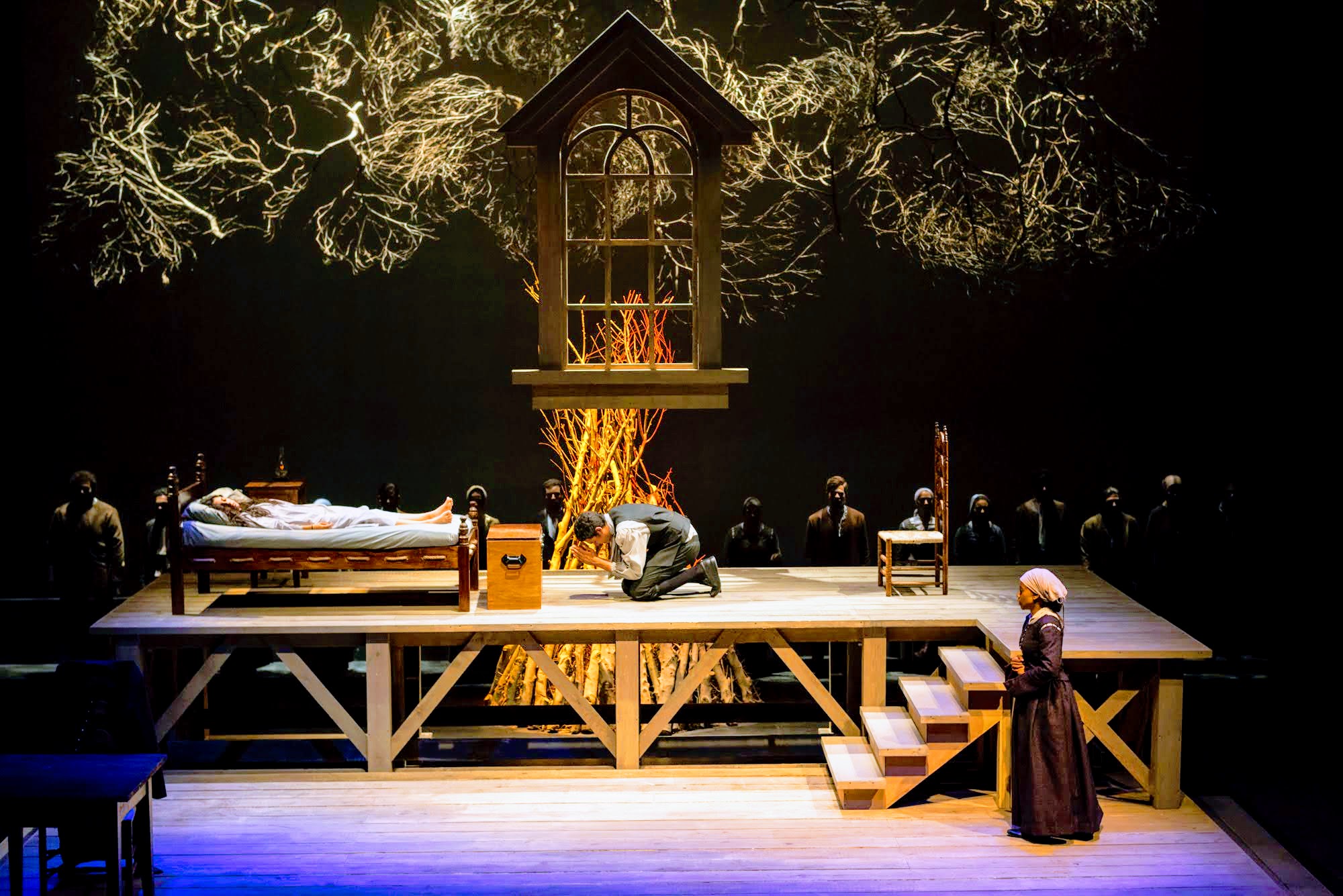
From November 18-24, 2015, the AUC Department Of Theater’s production of The Crucible, by Arthur Miller (directed by Dr. Frank Bradley https://www.aucegypt.edu/fac/frankbradley) highlighted one depiction of vulnerabilities, and our desire to get to truth. The play is a gripping tale of the Salem witch trials. A historical depiction of what truth’s manipulation looks like. How lies, and those spreading them, informs us about the personas and hidden beliefs of those, who are readily quick to believe them. Especially, if that source is considered a suitable image for truth-telling. The realm of truth is manipulated, and particular people are labeled as having the image of “honesty.” Even if they don’t perform it.
Playing the role of “Tituba” was a euphoric experience for me. Reading her words, studying the vision and understanding of this Caribbean woman from Barbados, was telling. There was much richness from her experience. Many things she observed going on, without being able to truly convey them; unless through the guise of the public’s ignorance and fears, that were based on lies and deception. I was first introduced to “Tituba,” in high school, as a member of a Theater course. Yet, my first study of her, from an academic level, came during my first year at Spelman College. Having been introduced to the book I Tituba, Black Witch Of Salem, by Maryse Conde, Tituba’s perspective of the society and world around her, was apparent.
Fast forward into the year 2015, and here I was entering into her world again. And, it was the stage, that would be the arena for entry. The script foretold of “Tituba” being more intelligent than what society thought her to be. She clearly was a mysterious and attentive woman, who did not see herself as a “slave.” What she did observe was the imbalance going on in the community. The chaos of lies and how quickly they can spread, based on who is telling them. How images, deemed as innocent, have the capability to exploit the fears of others for their own gain, or masking of faults. Its quite telling, in fact.
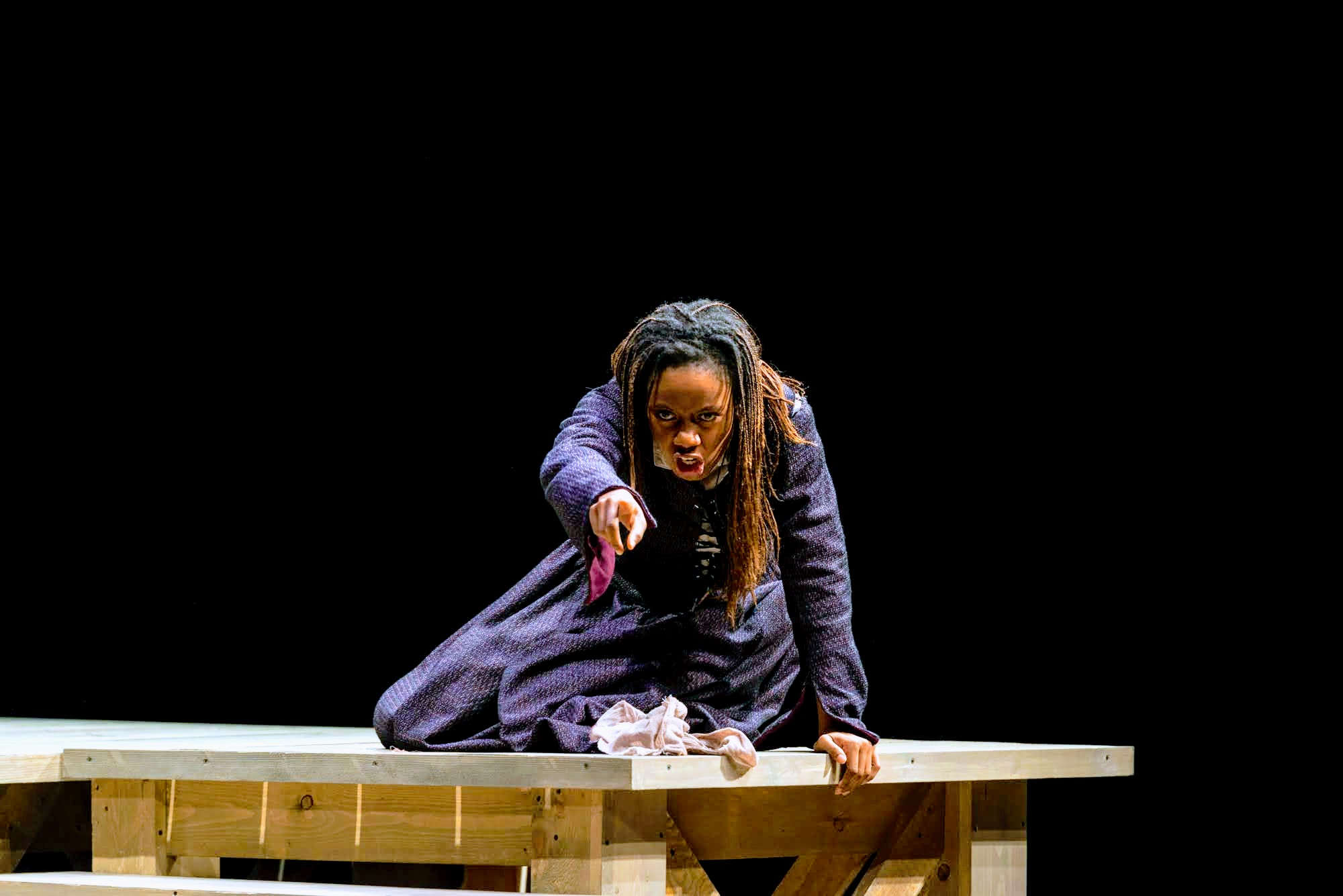
Taking this very same narrative and performing it on stage, creates a dynamic, where the dramatics of the theater world are elevated even more. The Malak Gabr Theater is clearly designed to bring that passion in a way, where it titillates the sensory of the audience. So, they come to observe a performance. They are forced to go deeper, about their own existence. Problems, that are lingering. Barriers needing to be obstructed. In the case of The Crucible,” it was the enslaved woman, who was most connected to the horrors of societal imbalance. Her knowledge and wisdom defies any idea of “the slave” as ignorant, stupid, or finding comfort with their enslavement. Throughout the play, “Tituba” hints of her desire to be home.
The latter end of the performance is one, where “Tituba” reveals the reality of what is really happening. She does this on a spiritual sense, and is able to bring her West African traditions to the forefront, in defense of her perspective. Her desire of being home, where the truth of her existence lays, as her enslavement in a foreign spacing, is a lie. Getting into character for “Tituba” meant not only additional research, but imagination of what that world entailed. How did it feel for Tituba to be an enslaved woman, with only wit and talent for survival? What was the fear, anguish, and depression that she experienced? What were the emotions, people experienced when lies were spread around? When picking a side between truth and falsehood decided one’s fate.
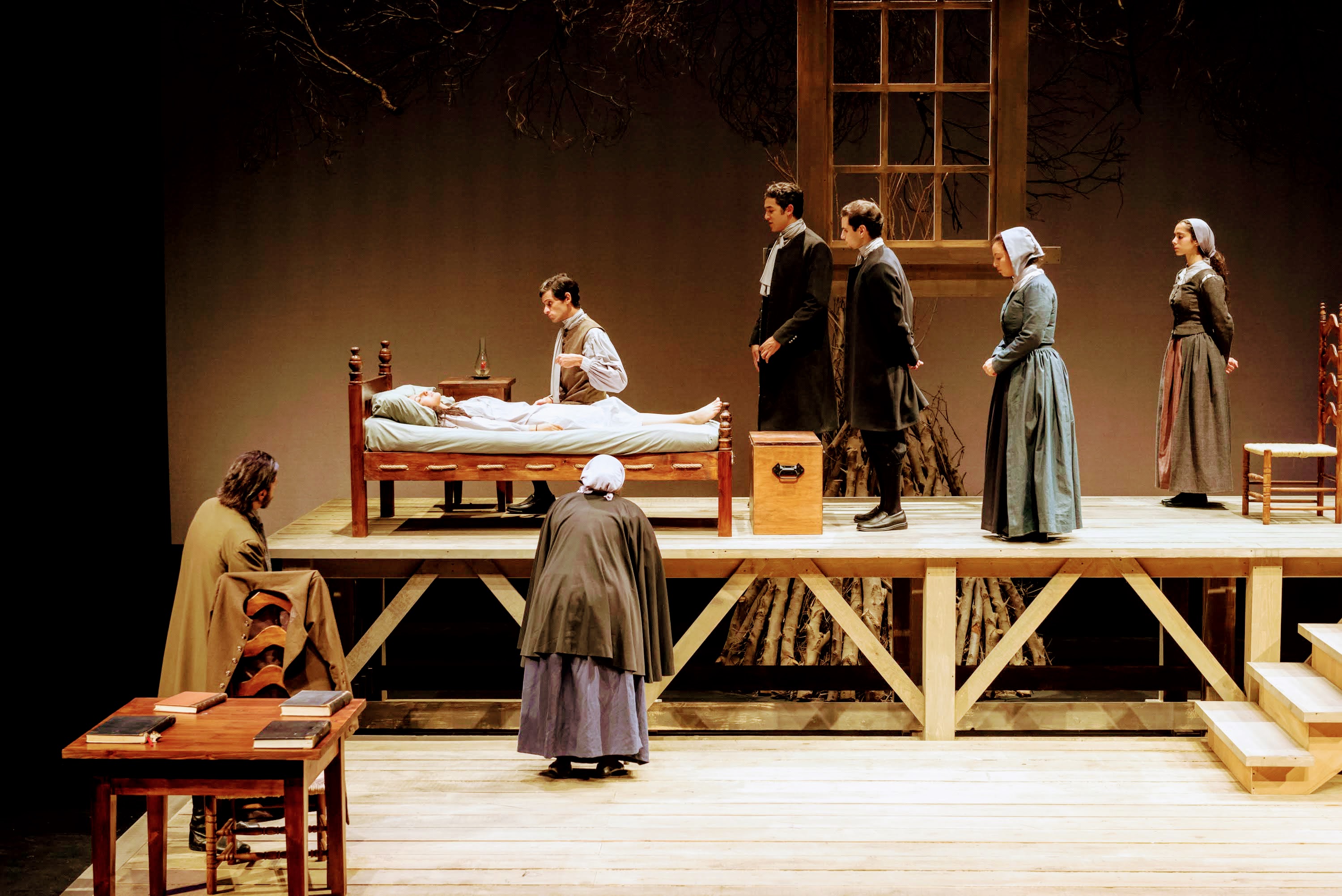
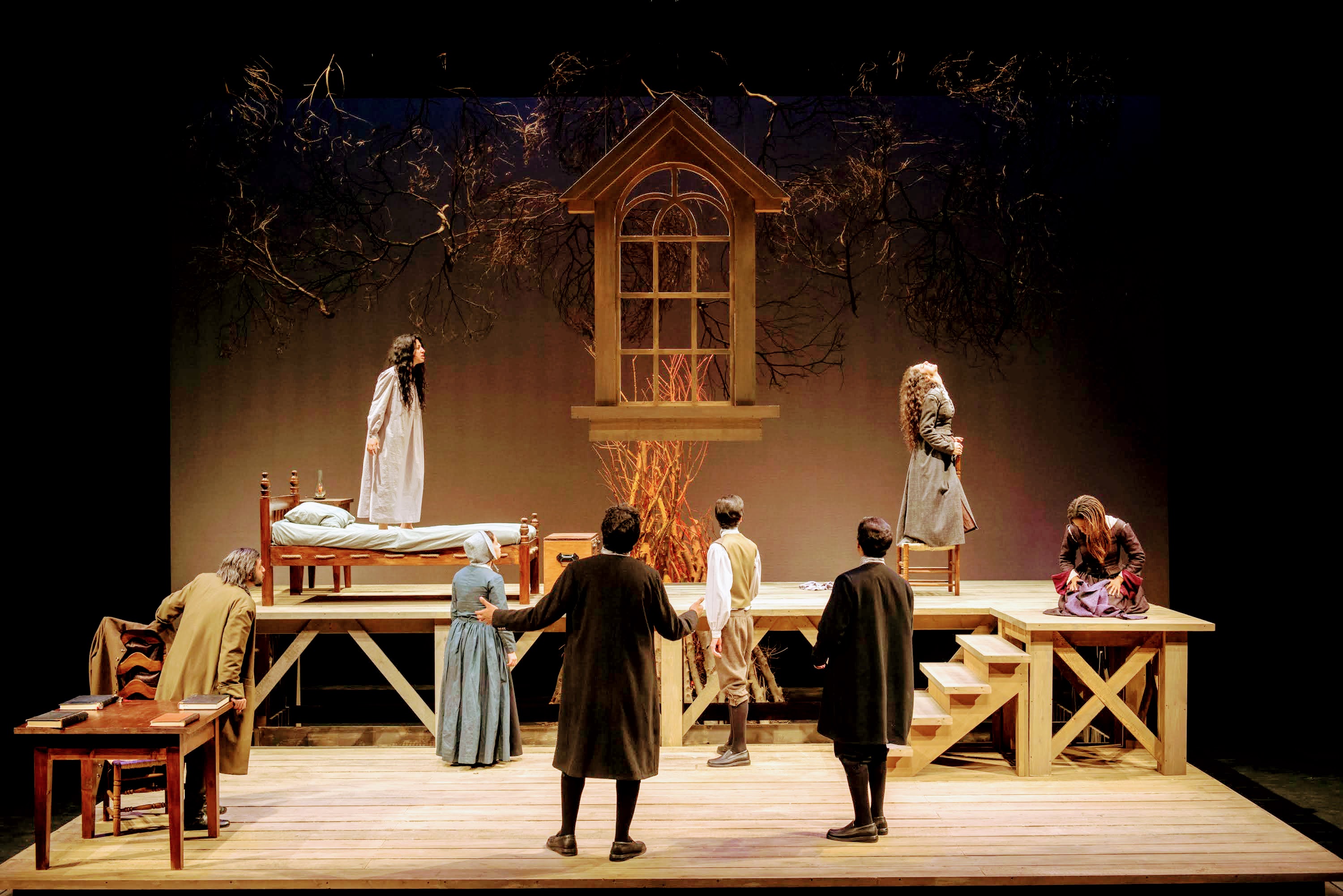
Throughout the production, inside of the Malak Gabr Theater, one can feel the intensity of the judgement awaiting the Salem community. The degree of intensity was compelling. Would a person be strong enough to stand on truth, even in the midst of death? Would a person be willing to give their life for truth? Even surrounded by people, whose base is so powerful to tarnish and slander one’s very name. One’s very existence. As with the Salem witch trials, words were manioulated out of cowardice and fear in facing one’s own secrets. This is the unspoken question of the play!
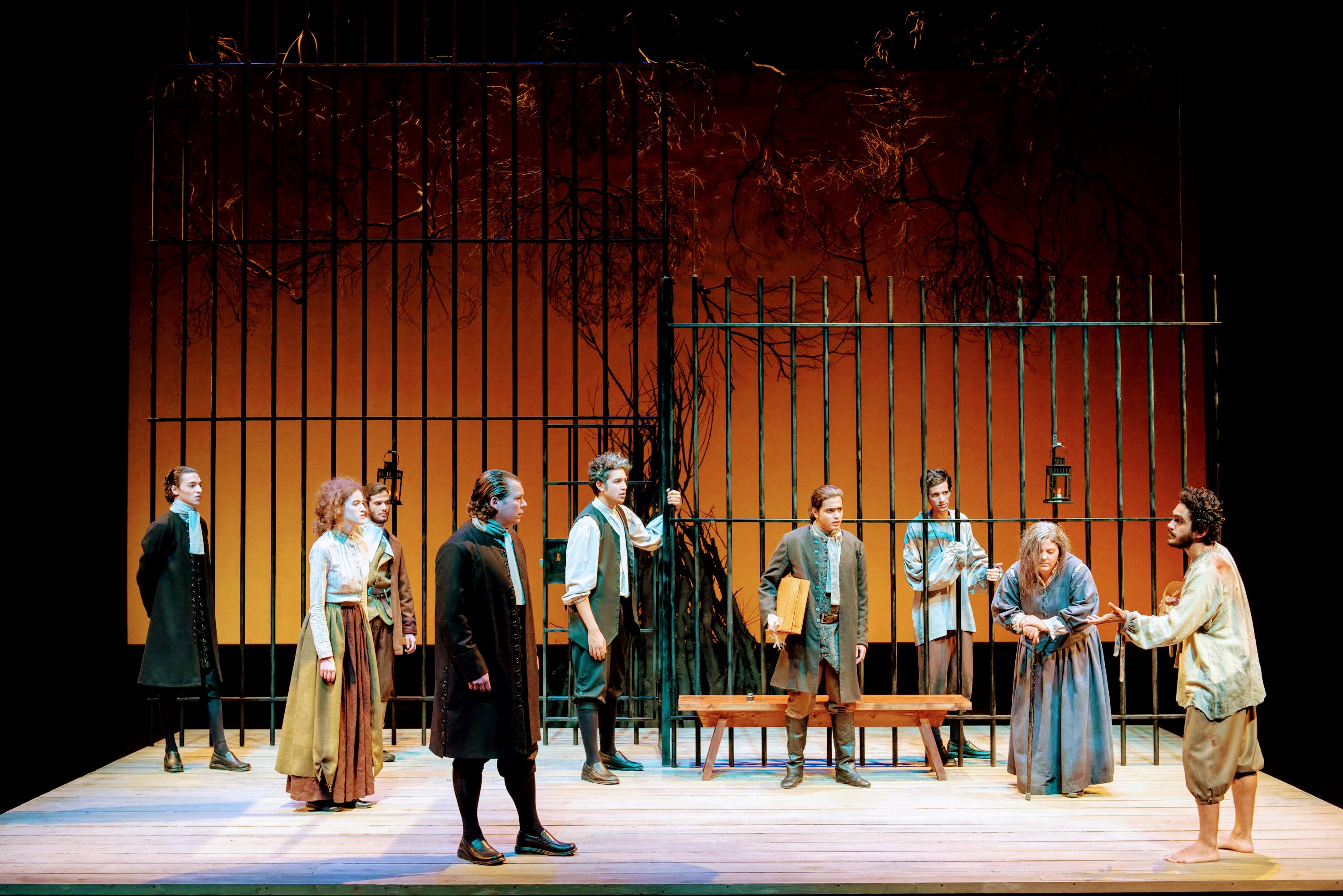
A further detail also relates to the world of the marginalized. Too often, the poor, the enslaved, and other disenfranchised groups are viewed as the markers of deviance. Unless there is another group, they have privilege over, their words remain irrelevant. People are unlikely to believe them, unless it is what they want to hear them. People hear what they want to hear. People see what they want to see. Which means that the character of “Abigail” was not the only one, who promoted falsehoods. In fact, the lavishness of her lies revealed the true characters of others. Furthermore, the play invites the audience to observe how people readily accept lies, passing them as truths, in order to justify prejudices, bigotry, jealousies, envy, and general dislikes they have of another person. No investigation, research, or thinking on one’s own accord. Simply going along with what others say; wanting to criminalize a person because their presence is liberating, soothing, and nutritious to the Soul.
Why was Tituba the first to be blamed? Most importantly, why was she the first to be guilty? Automatically, her status and image made others believe she was the source of evil, and whatever was going on around in Salem. ABI knew this and used it to her advantage. If she could scapegoat the least protected in that society, she would be viewed as innocent. She taught the girls dance, medicinal healing, and helped to temporarily free them from society’s constraints. Is it her fault that a malicious energy in the group sought to manipulate that into something bad? Misusing the teachings for misdeeds and misgivings. And, when caught in dance, had no problem turning over the woman, who gave them some happiness in a rigid society. Once the one bad apple of the group saw the power she had acquired, she was able to exploit that even further. Out of fear, and survival, Tituba told those authority figures of Salem, what they wanted to hear. And for that, she was allowed to live.
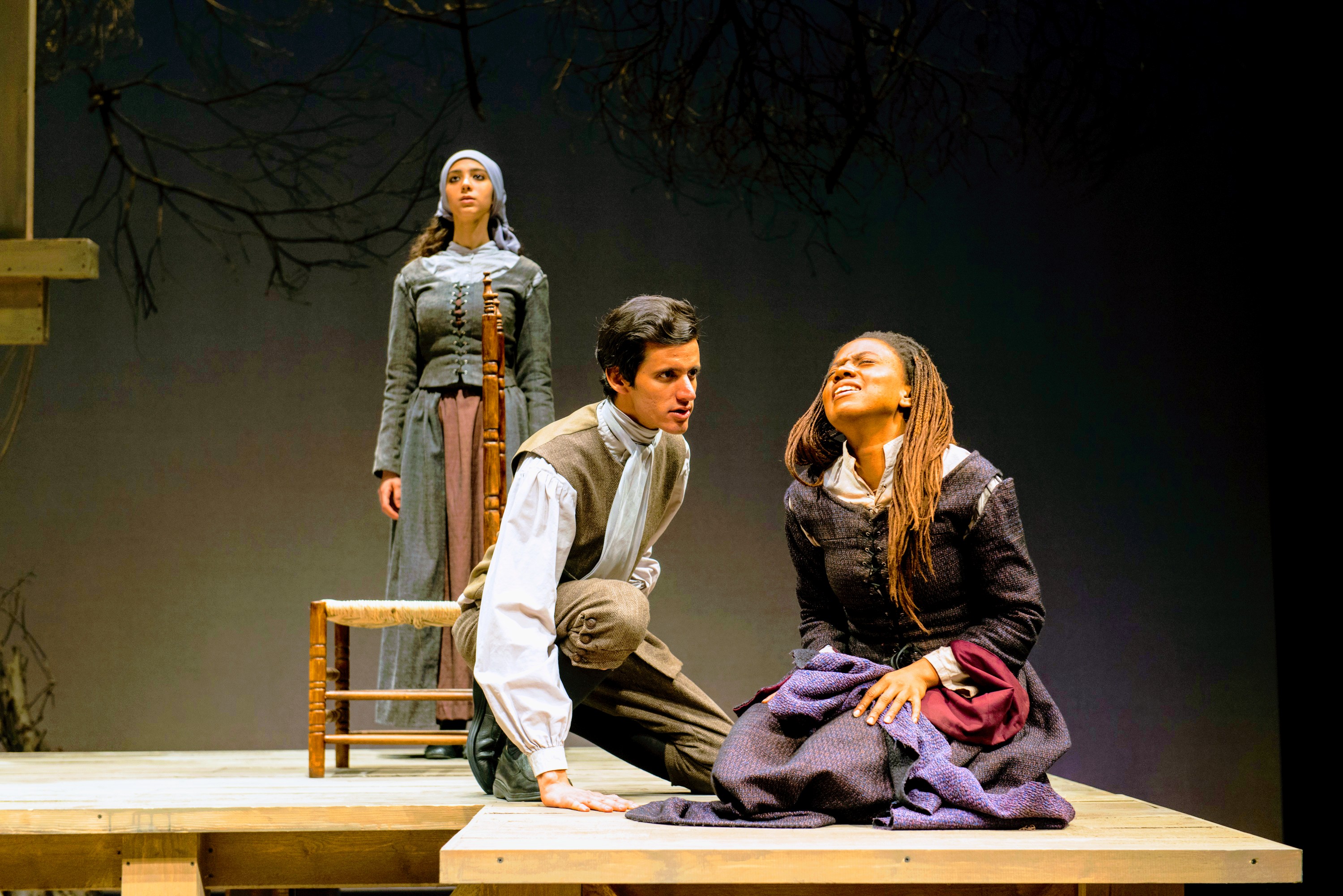
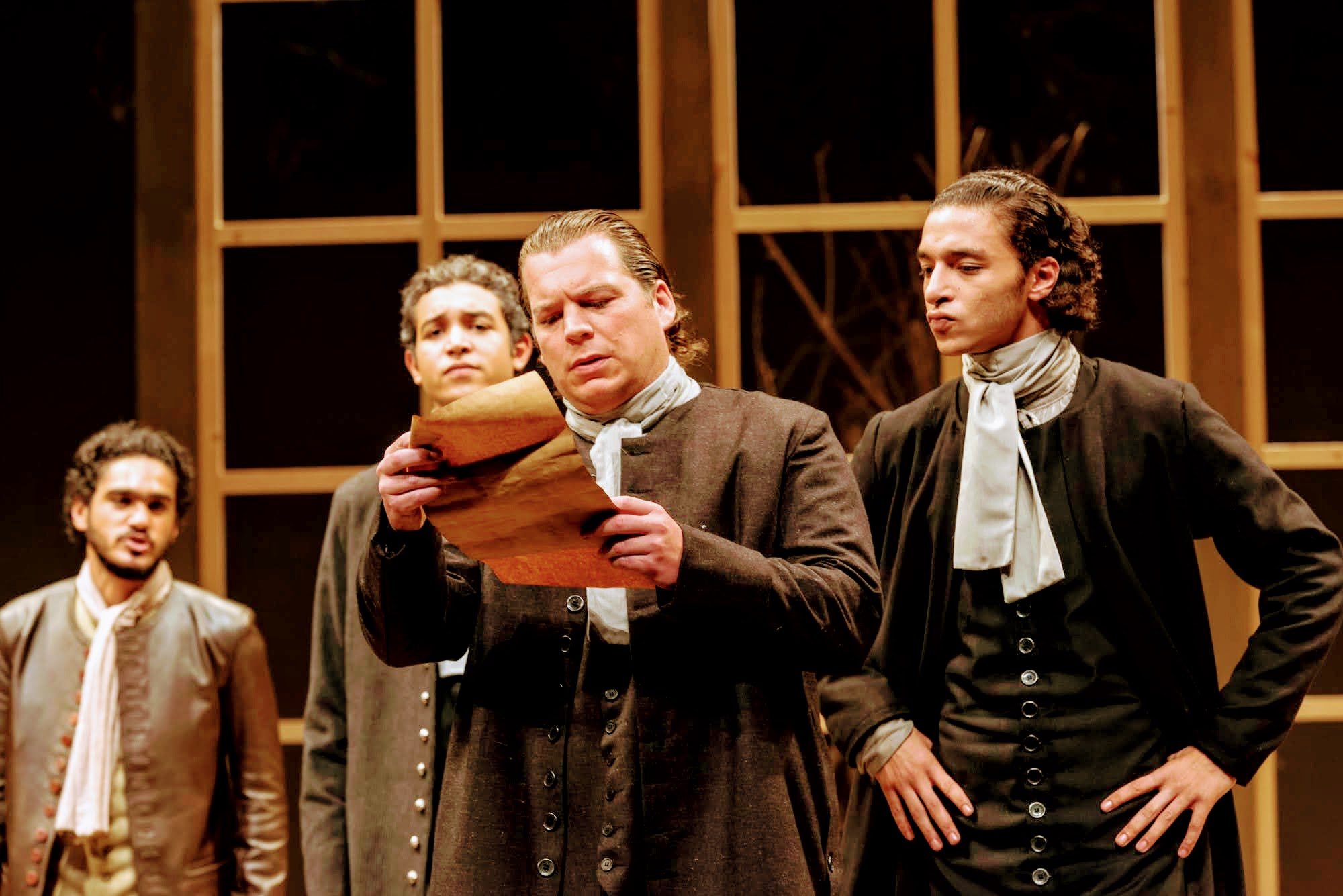
As we reflect upon other theater productions, conducted at the American University In Cairo’s Department Of Theater the principle of truth telling often rears it head. Forcing the audience to come to terms with how aligned they are to truth’s telling. Its a soul searching experience. The world of theater, that is. I’m sure there were many nights when audience members left the University campus with a kind of healing. A therapeutic release in knowing that truth had won, in the end. That they could answer questions surrounding their own existence, complications, and grapple with this thing called, life.
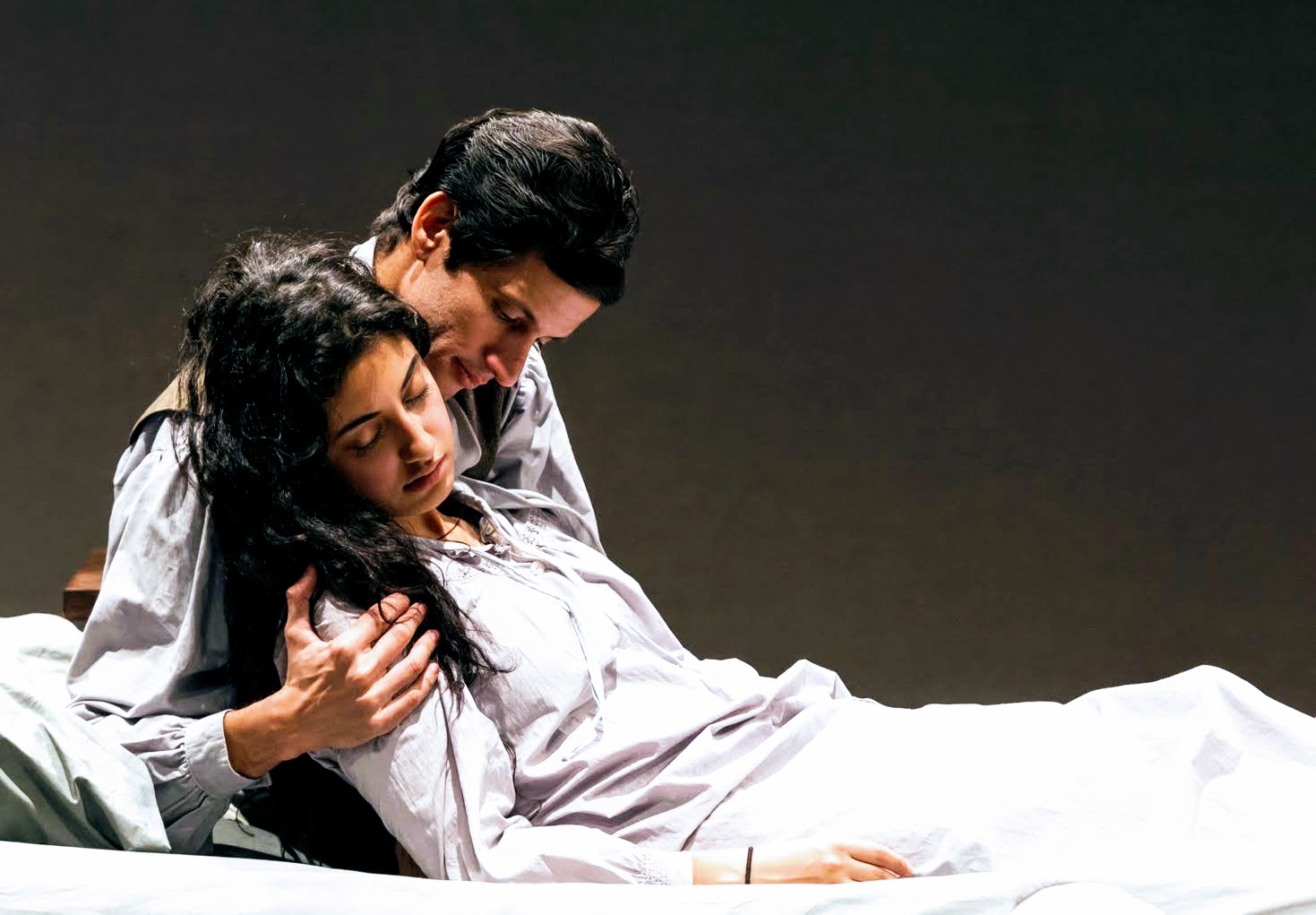
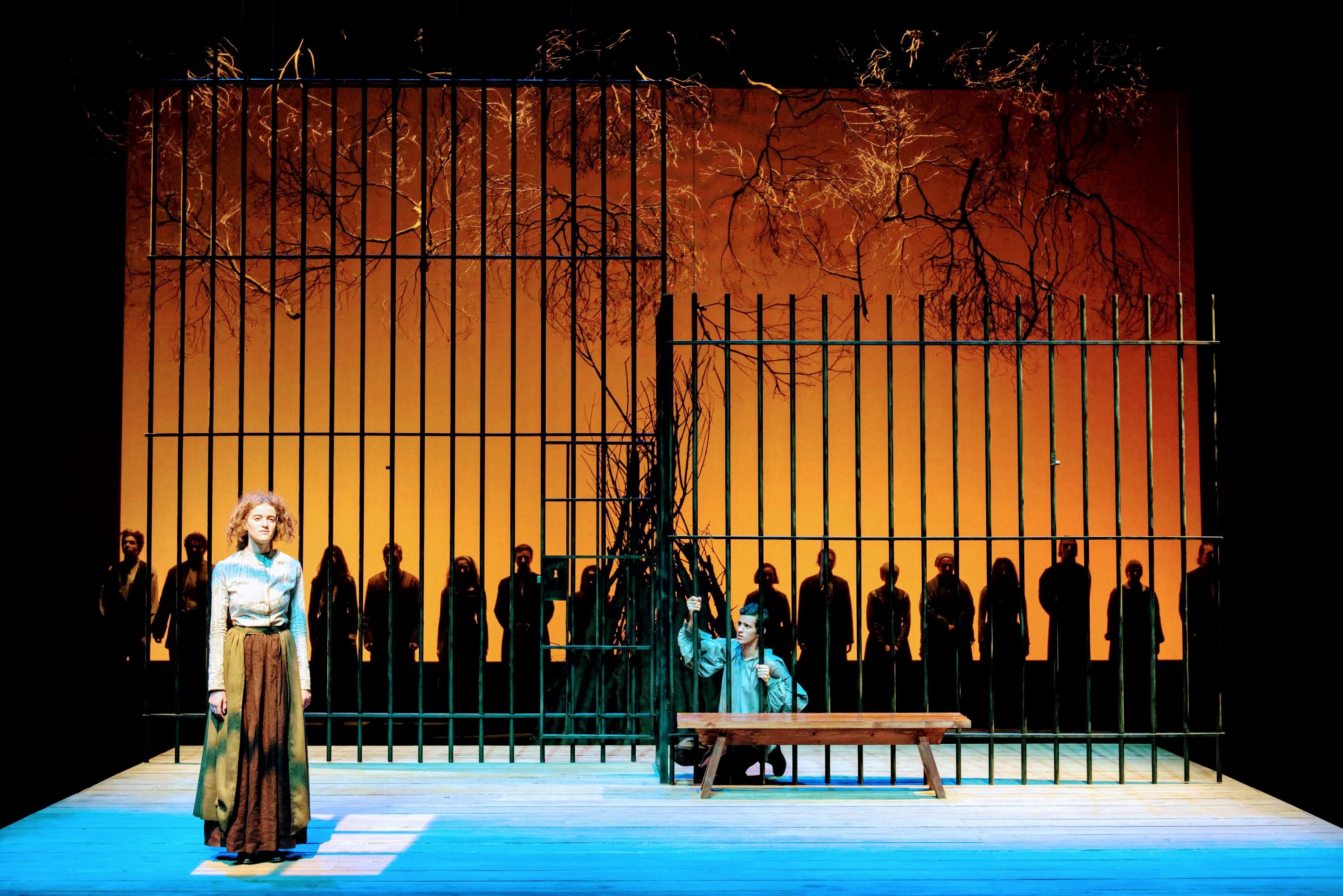
Theater is more than entertainment. It is a life source for malnutritious Beings, who seek wholeness. Re-nourished. To be restored. And, its not just the audience. Fellow actors, actresses, playwrights, costume designers, and directors find healing in their work, together. Thespians craft their characters in such a way, that soon, they are forced to deal with personal issues. If they are willing to do so. Using acting to reveal personal pains, or past traumas. Bringing them to center stage, and allowing the Universe to collect that hurt. Never to be re-opened again. Re-balancing one’s centeredness to healing. That’s theater. That’s the truth of theater!
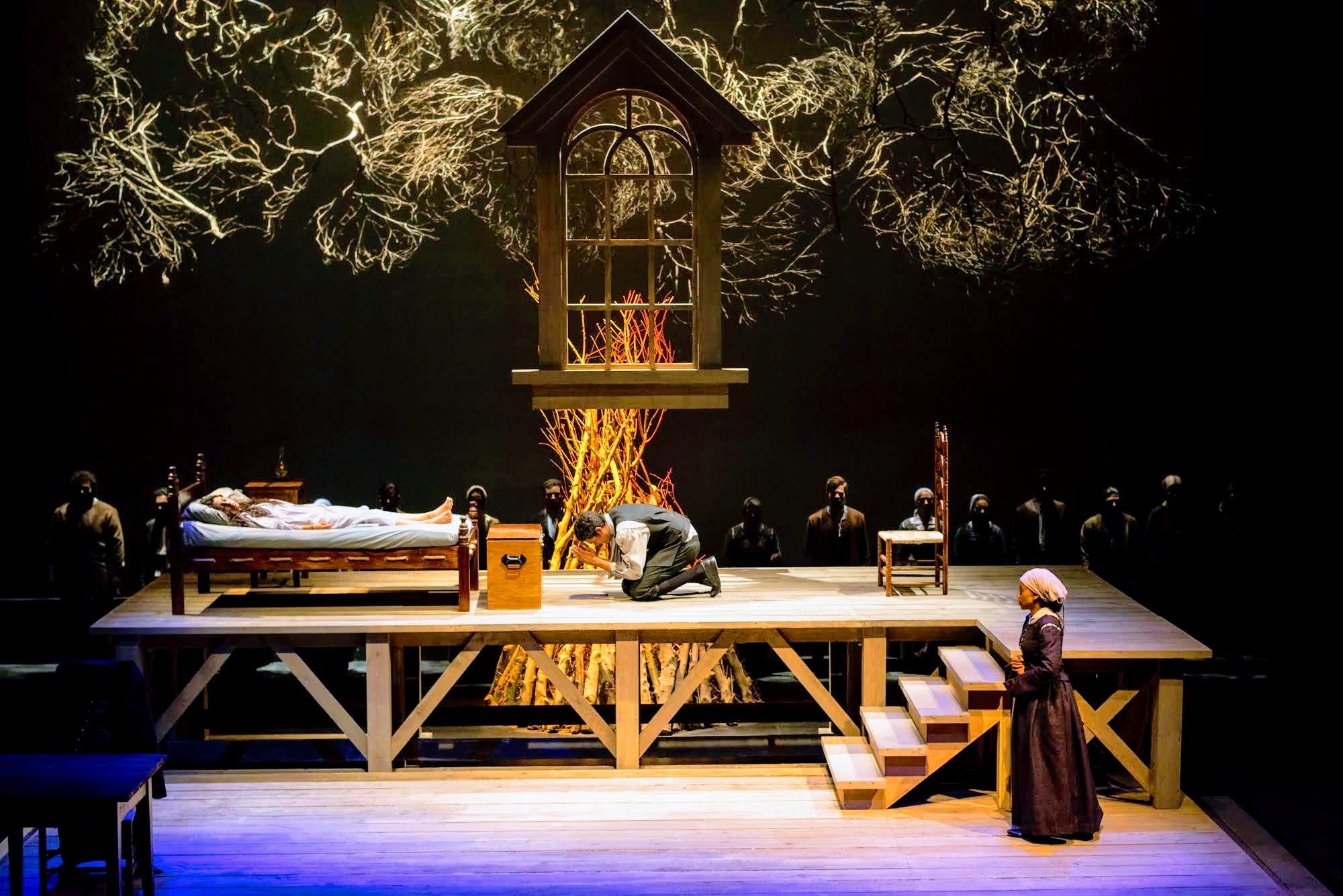
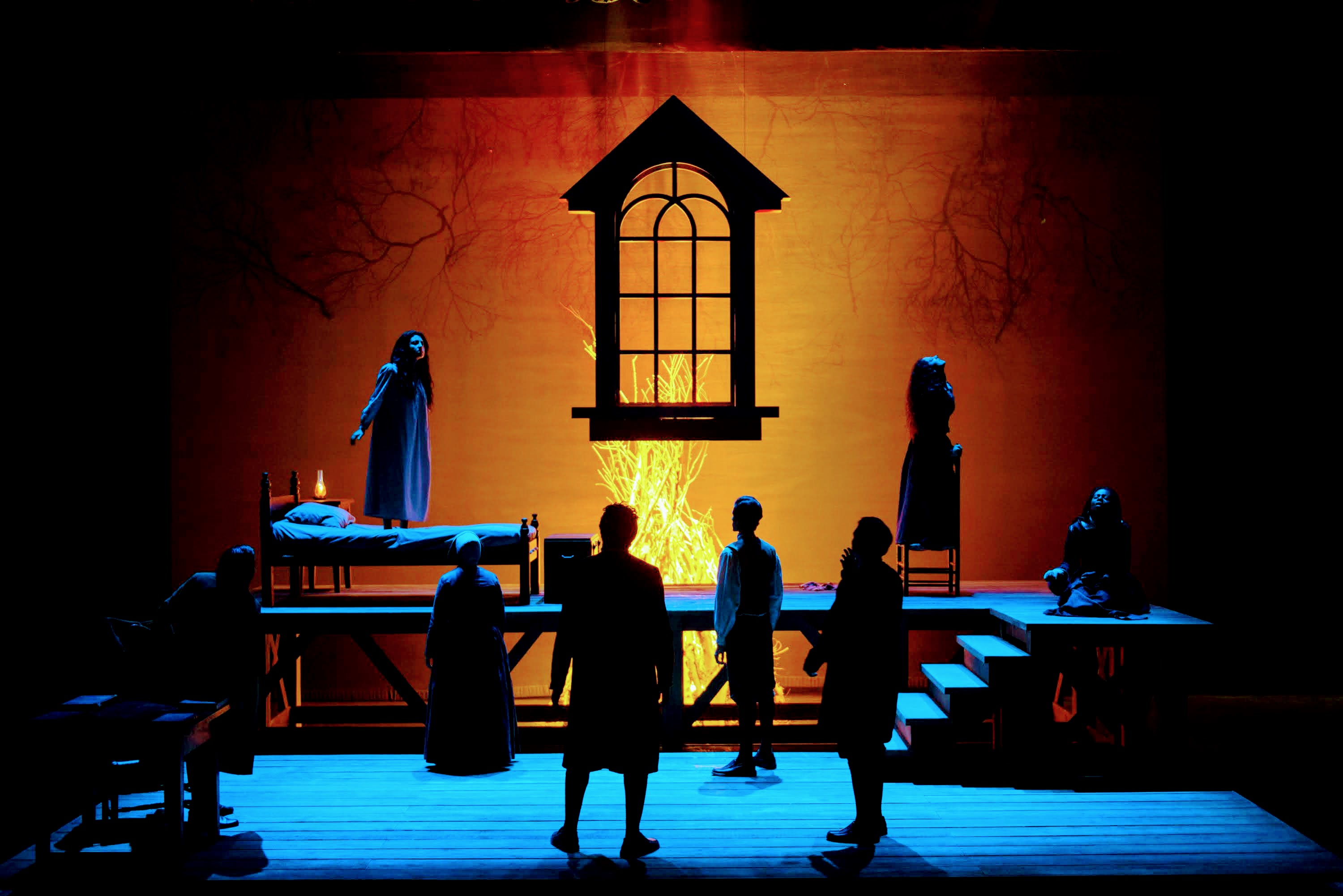
For more information on AUC’s Department Of Theater, you can click on the following link:

